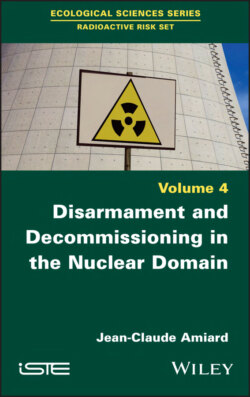Читать книгу Disarmament and Decommissioning in the Nuclear Domain - Jean-Claude Amiard - Страница 36
1.6. Actions of NGOs
ОглавлениеThe group of NGOs working on disarmament is difficult to quantify. Initiatives abound, statutes, funding and doctrinal orientation vary. They are mostly American and European, among democratic states, and on the contrary, there are very few in countries with authoritarian regimes. The size of NGOs varies greatly, from two-member NGOs to coalition NGOs, such as Abolition 2000, which brings together 2030 organizations from 93 countries. Some have an impressive number of activists, such as the International Physicians for the Prevention of Nuclear War (IPPNW). Organizations can be very hierarchical, like Greenpeace, or very loose, like the Parliamentarians for Global Action [MAR 02b].
The British example for NGOs is significant. 173 British disarmament NGOs are grouped together in the Abolition 2000 network. Many have a local or regional dimension, some with a religious or professional notation, and many use the words “nuclear” and “peace” in their titles. The most active British NGOs in the field of disarmament are the Acronym Institute, created in 1995, BASIC (British American Security Information Council), ISIS (International Security Information Service), VERTIC, PPNN (Programme for Promoting Nuclear Non-proliferation), Pugwash, born of the Cold War and awarded the Nobel Peace Prize in 1995, CND (Campaign for Nuclear Disarmament) and Labour Action for Peace [MAR 02b].
